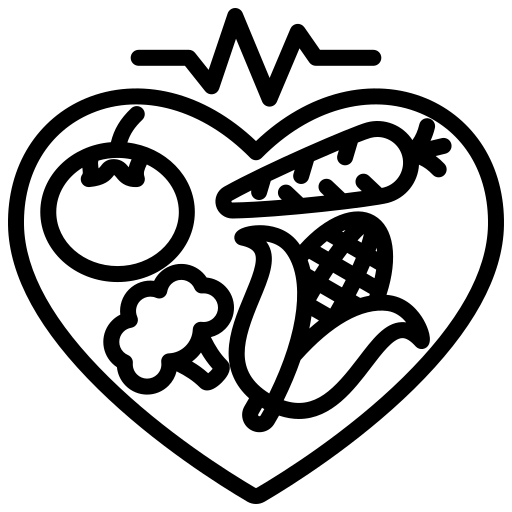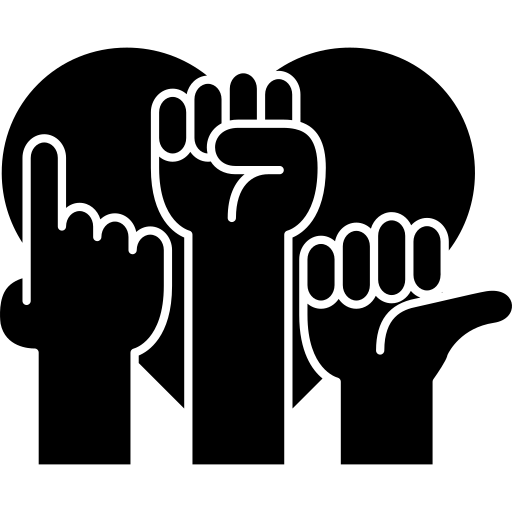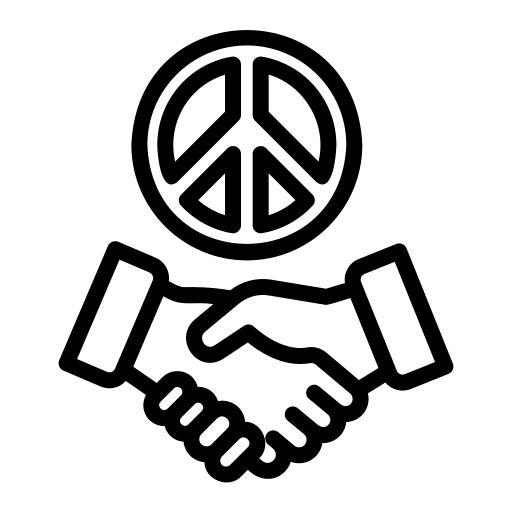Learn More What We Do And Get Involved
Protection/Gender Based Violence
Protection Monitoring With protection needs across the North-east States of Nigeria remainng high,SAHEI has been implementing protection monitoring of internal returnees with specific interventiion aimed at addressing the needs of IDPs,IDP returnees and refugee returnees.SAHEI addresses Sexual and Gender-Based Violence through programs that:
• Provide counselling, case management, referrals, seeking access to justice, vocational training, and empowerment kits to survivors.
• Promote self-esteem and confidence among survivors.

Health/Nutrition
The Sahei Gender Development Initiative (SGDI) provides essential health services and promotes gender equity in underserved, conflict-affected communities across Adamawa, Yobe, and Borno States in Northeast Nigeria. Targeting IDPs, returnees, host communities, adolescent girls, and women, SGDI addresses challenges like limited healthcare access, GBV, poor mental health, and inadequate WASH infrastructure. The program delivers sexual and reproductive health (SRH) services, GBV case management, mental health support, and gender-responsive WASH services. Activities include training health workers, rehabilitating latrines, distributing dignity kits, and creating safe spaces for women and girls. Over 15,000 people—70% of them women and girls—have been reached. The initiative collaborates with local health authorities, UN agencies, and communities, and includes strong monitoring, training, and sustainability measures.SGDI collaborates with partners to mobilize, organize, and provide food to vulnerable populations, promoting human dignity and alleviating hunger and promote smart agriculture among community farmers.

Empowerment & Livelihood
SGDI’s Livelihood Centre in Maiduguri, Borno State and in Gujiba and Geidam, Yobe state has successfully graduated and empowered over 500 women, girls, widows, and survivors of gender-based violence (GBV) with diverse income-generating skills and start-up packages. Through structured vocational training programs, participants have acquired practical skills in areas such as tailoring, local perfume production, pastry making, groundnut oil refining, shoe-making, soap and cream production, as well as briquette making. The center has become a vital platform for economic empowerment, resilience building, and self-reliance, especially for those affected by conflict and displacement.

Peace Buildings/conflict resolution
SAHEI’s Community-Based Protection programmed seeks to address conditions and risk factors that can result in violent conflicts at to creating enabling environment for peaceful co-existence.SGDI’s community-based protection programs aim to address risk factors that lead to violent conflicts, fostering peaceful coexistence and resilience.
Our interventions include;
• Community peace architecture dialogues (intra and inter dialogues).
• Social cohesion activities, these include radio programs, drama and local music activities.
• MHPSS support for various beligerents post-conflict.
• Training on collaborative approaches to conflict resolution.

Climate Changeand Environment
SGDI supports communities in climate change adaptation and mitigation through initiatives such as:
• Compost production and briquette-making from waste and agricultural by-products.
• Conduct Tree planting campaigns.
• Training over 100 women and youth in Hawul and Biu LGAs on Climate change mitigation and adaptation practices.
• Provide tree seedling to community groups like the wood-seller association to plant trees as they cut down trees.
Water Sanitation and Hygiene(WASH)
SGDI promotes and provides WASH programs in IDP camps and host communities.
Programs and Activities include:
• WASH in Schools (WinS).
• Waste-to-Wealth Initiatives.
• Children Hygiene and Sanitation Training (CHAST).
• Participatory Hygiene and Sanitation Transformation (PHAST).
• Community-Led Total Sanitation (CLTS).
• Sanitation Marketing.
• Menstrual Hygiene Management.
• Behavioral Change in Hygiene and COVID-19 Prevention.
• WASH and Nutrition Integration.
• Entrepreneurship Skills (VLOM).
• WASH and Climate Change Adaptation.
